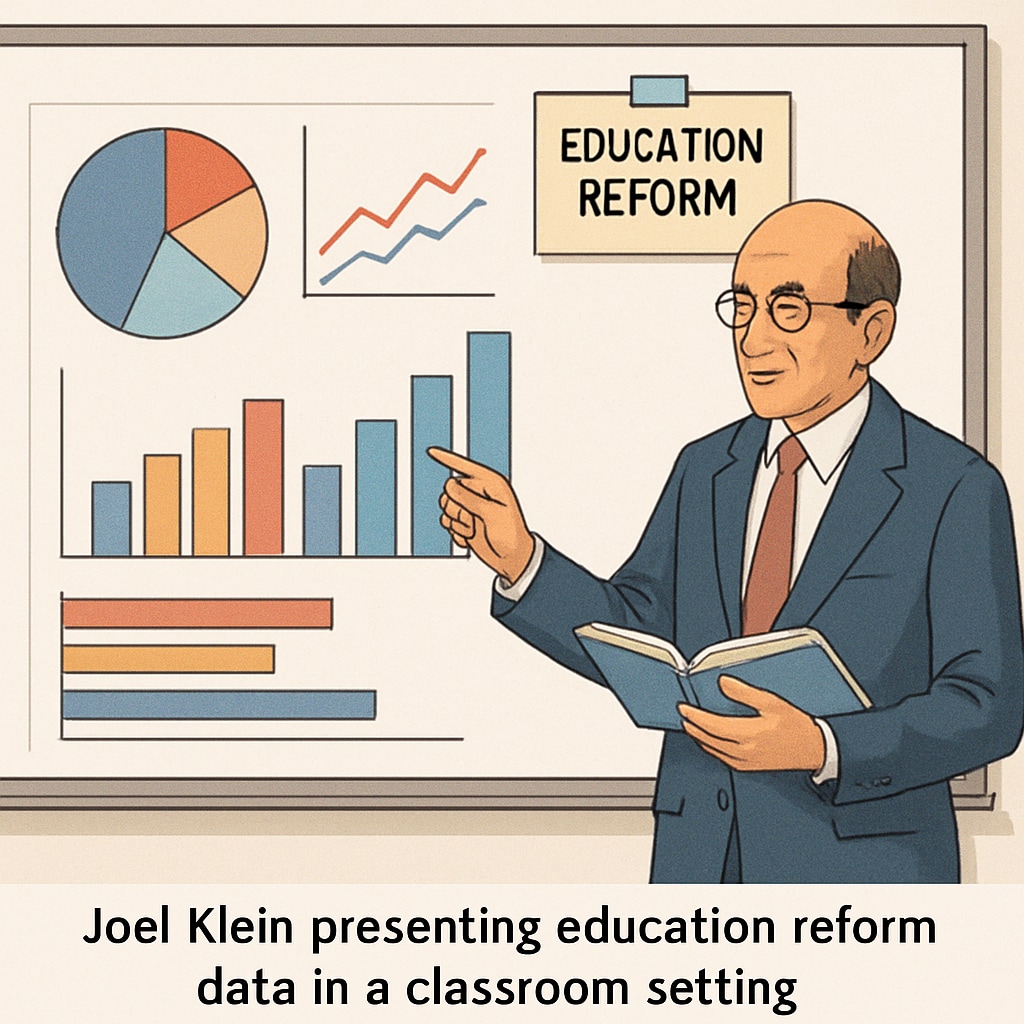The upcoming New York City mayoral election has put New York City schools, Joel Klein, and the mayor’s race at the center of national education debates. As former NYC Schools Chancellor (2002-2010), Klein brings unique insight into how political leadership shapes urban education systems. This election could determine whether America’s largest school district accelerates reforms or shifts direction entirely.

The Policy Stakes for NYC Schools
Three critical issues dominate discussions:
- Charter school expansion: Candidates differ sharply on whether to maintain the current 15% cap (U.S. charter school data)
- Standardized testing: Pandemic-era pauses may become permanent
- Teacher evaluations: Klein’s performance-based system faces potential overhaul
National Implications of the Election
As the nation’s largest school district, NYC decisions often influence other urban systems. For example:
- Chicago and Los Angeles frequently adopt similar policies
- Federal education funding priorities may shift based on NYC’s model
- Teacher unions nationwide are watching labor negotiations closely (NEA history)

Klein emphasizes that stable leadership matters more than specific policies: “When schools change direction every 4 years, students pay the price.” Recent research supports this – a 2023 Stanford study found that districts with consistent reforms for 8+ years showed 17% greater achievement gains.
Transition matters: Regardless of the winner, experts agree the new administration must balance campaign promises with practical implementation. The 1.1 million-student system requires solutions that work across 1,800 schools serving 180 languages.


